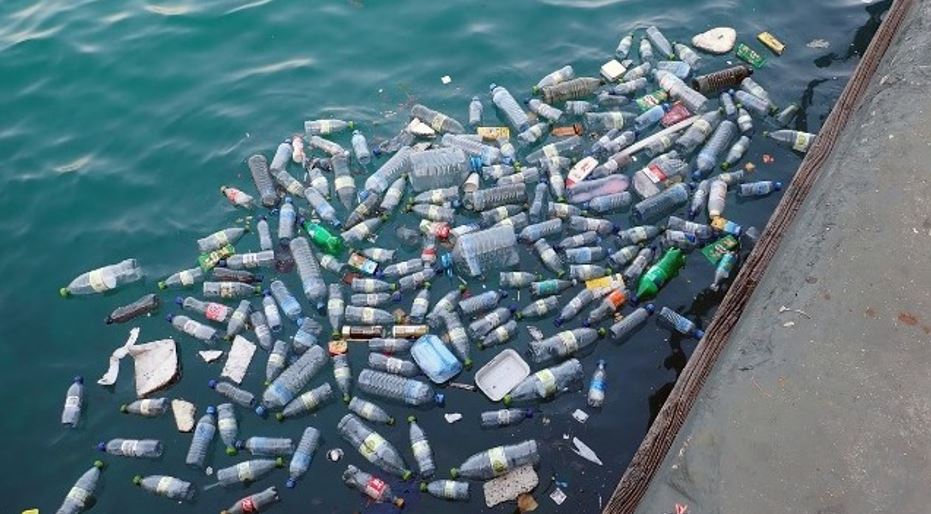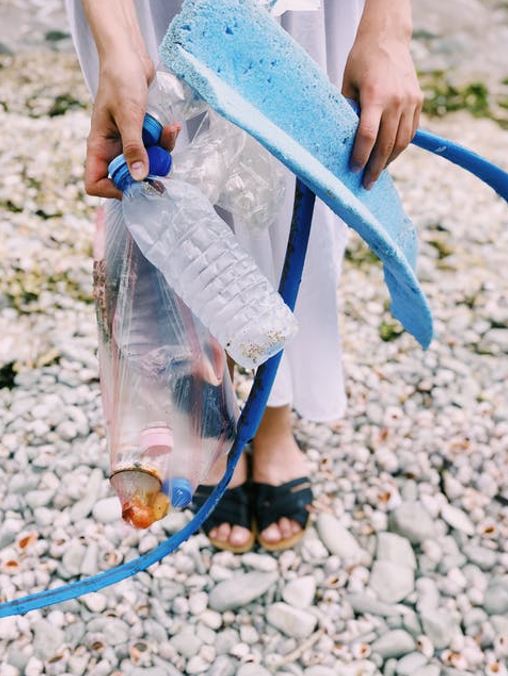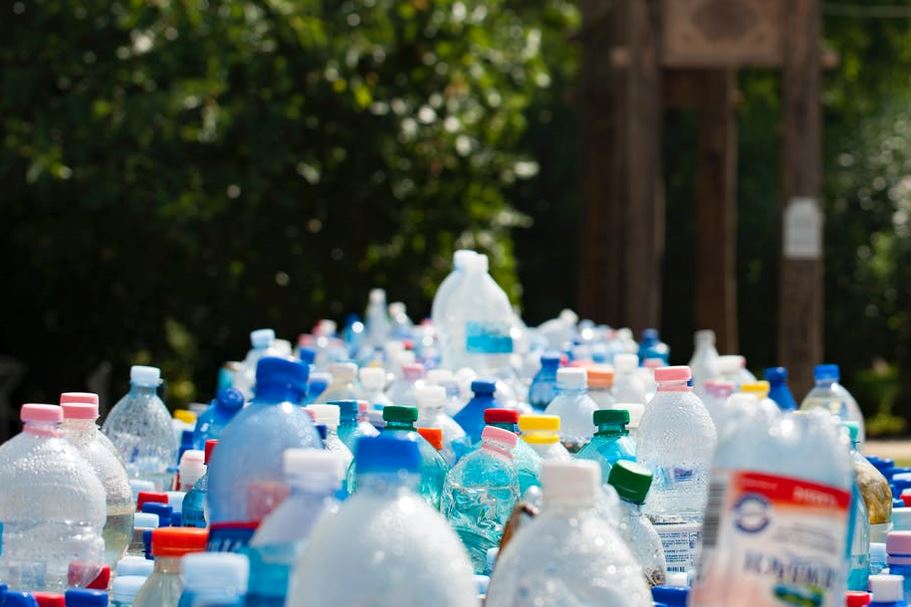Like the popularity of games of thrones season 8, plastic bottles are ubiquitous with everyone having thrown one bottle into the trash at least once in a lifetime. Where do these bottles end after throwing them into the trash? This question has become a concern of numerous organizations around the world as they strive to reduce the impact of plastic bottles. Unlike any other garbage, plastics can take many years to decompose in the trash. They end up filling landfills and subsequently affecting both human and marine life.
How can we solve plastic problems as frequently reported by btc news?
Unfortunately, no organization can solve global plastic problems single-handedly. This requires the synergy of organizations, consumers and governments to prevent plastic disposal and instead promote reusability and recycling of plastic. Plastic is a broad term that encompasses various types of plastics including flexible wraps and plastic bags. All these can find a way to the landfills.
According to the WorldWatch Institute Report, less than 10% of plastic used is recycled in the United States each year. The remaining percentage finds its way to the trash. All plastic types have their estimated decomposition times while in the landfills. You can imagine the impact they will have for such a period. The LDPE takes about 500 years, PET 10 years, HDPE 100 years, PP 1000 years and PS 50 years. Some of them, if exposed to light, the degrade period can be reduced.
Problems perpetuated by plastic pollution in our ecosystem

There are health concerns associated with the toxic chemicals used in the production of plastics. Bisphenol F, bisphenol A and bisphenol S are some chemicals used. Bisphenol A is notorious of its cancer-causing effects. When these toxic chemicals reacts with water, both surface and groundwater could be polluted. Some chemicals such as phthalates and BPA are unfortunately found in some premature babies.
Pollution in the landfills
The Environmental Protection Agency (EPA) reports that an average person’s 2.3 pounds of waste finds its way to the landfills. The same way people think about the importance of their latest ios update should be the same way they think about the importance of minimizing waste in the landfills. Similarly, students looking for assignment writing help in Australia should focus more on the topics about the pollution of plastics in the landfills.
In a nutshell, pollution in the landfills has atmospheric and hydrological effects. There is methane (CH4) gas in the waste which is more potent than the carbon dioxide (CO2). Other gases such as nitrogen, hydrogen, and ammonia are only released in small infinitesimal volumes to the atmosphere from the landfills. Many household cleaning chemicals are dumped in the landfills and they contribute largely to the production of methane gas in the landfills. These gases can distort the quality of air inhaled by communities nearby. Methane and carbon dioxide are greenhouse gases.
With regard to hydrological effects, the plastics can find way into water streams and consequently contaminate groundwater and surface water. As we have already highlighted, plastics are made of toxic chemicals that can react with water and leach into water sources. In addition to the contamination of water, plastic bottles in the trash could ignite fires.
Wrap up!

Plastic bottles in the trash pose a huge threat to our ecology if individuals and companies do not recycle them. Moreover, the throwing of bottles in the trash lead to over-filled landfills and then contaminate the atmosphere and water sources. Human life and marine ecosystems are in danger of problems aggravated by plastic bottles.
When producing plastic bottles, they go through chemical processes where natural resources are being used. Throwing them in the trash, therefore, wastes the natural resources. They can be reused to produce energy. Others can be fed into processes where other products are being produced. Recycling of bottles can prevent ecological problems. As you enjoy your bottled water, think about possible ways to stop throwing plastic bottles into the trash.
This article does not necessarily reflect the opinions of the editors or management of EconoTimes.



 SpaceX Pushes for Early Stock Index Inclusion Ahead of Potential Record-Breaking IPO
SpaceX Pushes for Early Stock Index Inclusion Ahead of Potential Record-Breaking IPO  Tencent Shares Slide After WeChat Restricts YuanBao AI Promotional Links
Tencent Shares Slide After WeChat Restricts YuanBao AI Promotional Links  Once Upon a Farm Raises Nearly $198 Million in IPO, Valued at Over $724 Million
Once Upon a Farm Raises Nearly $198 Million in IPO, Valued at Over $724 Million  Amazon Stock Rebounds After Earnings as $200B Capex Plan Sparks AI Spending Debate
Amazon Stock Rebounds After Earnings as $200B Capex Plan Sparks AI Spending Debate  Global PC Makers Eye Chinese Memory Chip Suppliers Amid Ongoing Supply Crunch
Global PC Makers Eye Chinese Memory Chip Suppliers Amid Ongoing Supply Crunch  Anthropic Eyes $350 Billion Valuation as AI Funding and Share Sale Accelerate
Anthropic Eyes $350 Billion Valuation as AI Funding and Share Sale Accelerate  TrumpRx Website Launches to Offer Discounted Prescription Drugs for Cash-Paying Americans
TrumpRx Website Launches to Offer Discounted Prescription Drugs for Cash-Paying Americans  Instagram Outage Disrupts Thousands of U.S. Users
Instagram Outage Disrupts Thousands of U.S. Users  Sony Q3 Profit Jumps on Gaming and Image Sensors, Full-Year Outlook Raised
Sony Q3 Profit Jumps on Gaming and Image Sensors, Full-Year Outlook Raised  Nasdaq Proposes Fast-Track Rule to Accelerate Index Inclusion for Major New Listings
Nasdaq Proposes Fast-Track Rule to Accelerate Index Inclusion for Major New Listings  Rio Tinto Shares Hit Record High After Ending Glencore Merger Talks
Rio Tinto Shares Hit Record High After Ending Glencore Merger Talks  Nintendo Shares Slide After Earnings Miss Raises Switch 2 Margin Concerns
Nintendo Shares Slide After Earnings Miss Raises Switch 2 Margin Concerns  SpaceX Prioritizes Moon Mission Before Mars as Starship Development Accelerates
SpaceX Prioritizes Moon Mission Before Mars as Starship Development Accelerates  Uber Ordered to Pay $8.5 Million in Bellwether Sexual Assault Lawsuit
Uber Ordered to Pay $8.5 Million in Bellwether Sexual Assault Lawsuit  Prudential Financial Reports Higher Q4 Profit on Strong Underwriting and Investment Gains
Prudential Financial Reports Higher Q4 Profit on Strong Underwriting and Investment Gains  Toyota’s Surprise CEO Change Signals Strategic Shift Amid Global Auto Turmoil
Toyota’s Surprise CEO Change Signals Strategic Shift Amid Global Auto Turmoil  SoftBank Shares Slide After Arm Earnings Miss Fuels Tech Stock Sell-Off
SoftBank Shares Slide After Arm Earnings Miss Fuels Tech Stock Sell-Off 




























